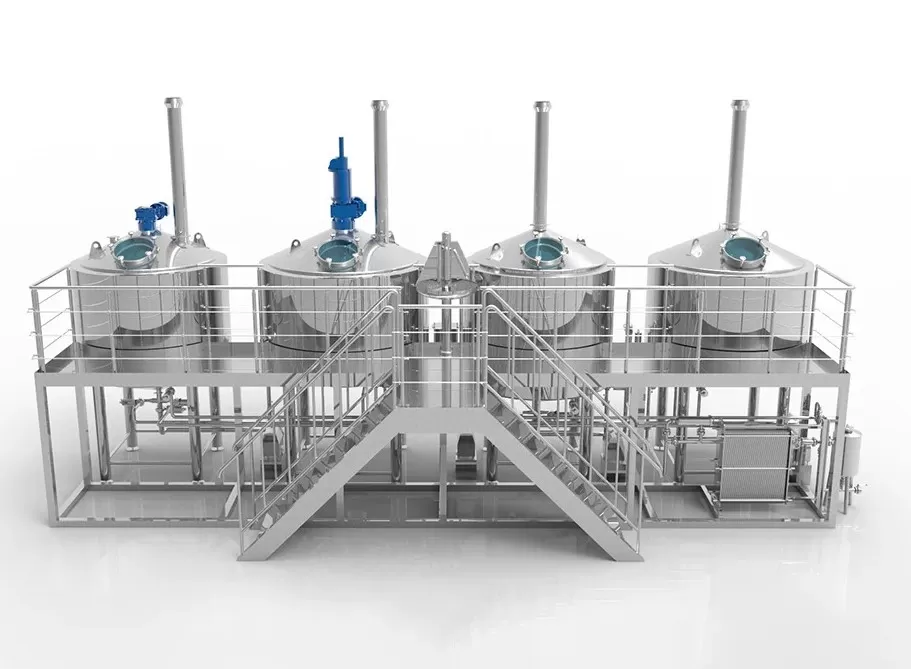Brewing beer is a complex process that requires a lot of specialized equipment. From brewing kettles to fermenters and bottling machines, breweries have a lot of equipment to maintain. Proper storage and maintenance of this equipment are critical to the success of any brewery. In this article, we’ll discuss some best practices for storing and maintaining brewery equipment.
Clean
The first step in maintaining brewery equipment is cleaning. Every piece of equipment used in the brewing process must be cleaned after use. Cleaning should be done immediately after use to prevent any residue from hardening or sticking to the device. This is especially important for equipment that comes into contacts with the beer, such as fermenters, kegs, and bottling machines.
To clean brewery equipment, first, rinse with hot water. Then, use a specialized brewery cleaning solution to remove any residue. Follow the manufacturer’s cleaning solution directions, and be sure to rinse with hot water after cleaning.
Drying
After cleaning, be sure to dry your device . Moisture left on equipment can lead to mold and bacteria growth that can ruin a batch of beer. Be sure to dry your device with a clean towel or let it air dry completely.

Store
Proper storage of brewery equipment is also important to preserve its useful life. Some equipment, such as brewing jugs and fermenters, can be very large and difficult to store. Here are some tips for storing brewery equipment:
- Store the device in a dry, cool place. Humidity and temperature fluctuations can damage equipment over time.
- If possible, store the device away from the ground. This prevents damage from moisture and pests.
- Cover the device with a tarp or other protective cover to keep dust and debris from settling on it.
Examine
Regular inspections of brewery equipment are essential to spot any potential problems early. This can prevent more serious problems and save you money in the long run. Here are some things to look out for when inspecting your device:
- lCracks or dents in metal equipment
- lRust or corrosion
- lLeaking hose or fittings
- lSigns of wear
If you find any issues during the inspection, please address them immediately. This may involve repairing or replacing equipment.
Lubricating
Some brewery equipment, such as pumps and valves, must regular lubrication to function . Lubrication prevents friction and wear of moving parts, extending the life of the equipment. Be sure to use a food-grade lubricant that is safe for use in breweries.
Calibration
Brewery equipment that involves measurements, such as thermometers and pH meters, should be calibrated . Calibration ensures that the equipment provides accurate readings, which is critical to making consistent beer. If you are not sure, follow the manufacturer’s calibration instructions or seek professional help.
Replace
Even with proper maintenance, brewery equipment will need to be replaced. Over time, Requipment can become damaged or become obsolete, making it less productive or even unsafe to use. It’s important to keep track of the age and condition of your equipment and replace it as needed.
Proper storage and maintenance of brewery equipment are critical to the success of any brewery. By following these best practices, you can ensure your equipment will last as long as possible and produce high-quality beer.




